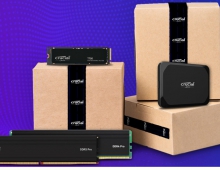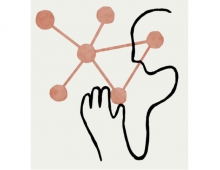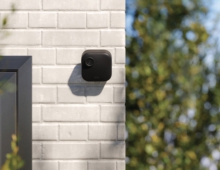
Amazon Opens The Alexa Cloud-based Voice Service To Third Party Makers
Amazon wants to see its Alexa cloud-based voice service expanding in more devices by offering it as a service to hardware makers, and is also releasing an SDK for developers. Alexa is the cloud-based voice service that powers Amazon Echo.
Amazon says that hardware developers can use the Alexa Voice Service (AVS) to integrate Alexa into their Internet-connected devices.
Examples of what developers can create with the Alexa Voice Service include:
- A Wi-Fi alarm clock that lets a customer talk to Alexa—"What’s the weather today?" or "What’s on my calendar today?"
- A car that enables a driver to press the Alexa button on the steering wheel and request anything from Alexa, such as "Read my book" or "Remind me to pick up flowers after work."
- A movie ticket machine that lets a moviegoer say "Buy six tickets for the next showing of Jurassic World."
- A countertop weather station that enables customers to get more information by asking "What will the weather be next weekend?" or "What was the rainfall in June last year?"
- A TV that makes finding tonight’s game simple - just pick up the remote and say "Turn on the baseball game."
- A home sound system that lets customers turn on music just by saying "Play my barbeque playlist on the back deck."
Alexa is the brain behind Amazon Echo, a new category of device designed around your voice. Echo is hands-free and always on—ask for information, music, news, weather, and more from across the room and get results or answers.
The free Alexa Voice Service will be available as a developer preview starting next month.
Amazon also today introduced the Alexa Skills Kit (ASK), a collection of self-service APIs and tools that make it easy for developers to create new voice-driven skills and capabilities for Alexa. With a few lines of code, developers can integrate existing web services with Alexa or build entirely new experiences designed around voice. For example, an Internet-connected sprinkler system can integrate its sprinklers with Alexa, so a customer can say, "Alexa, ask my sprinkler to water my lawn for 15 minutes."
The easiest way to build a skill for Alexa is to use AWS Lambda, a compute service that runs a developer’s code in response to triggers and automatically manages the compute resources in the AWS Cloud, so there is no need for a developer to provision or continuously run servers. Developers upload the code for the new Alexa skill they are creating, and AWS Lambda does the rest, executing the code in response to Alexa voice interactions and automatically managing the compute resources on the developer’s behalf.
The first new capabilities built by developers using the ASK will launch later this year. The free Alexa Skills Kit developer preview is available starting today at https://developer.amazon.com/ASK.
Amazon also announced the Alexa Fund, up to $100 million in investments to support developers, manufacturers, and start-ups who plan to create roducts or services designed around the human voice.





















